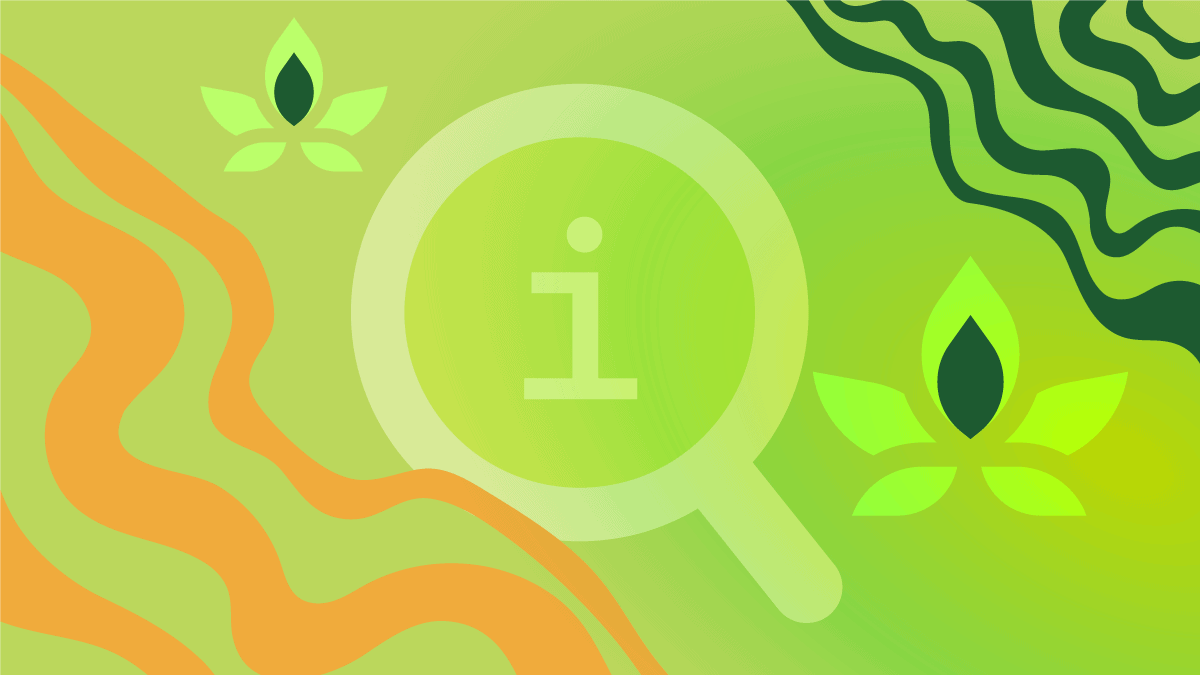Cannabis has been critically studied for its evidence of both harmful and beneficial potential. Across multiple studies, researchers have come up with some conclusions. Cannabis holds numerous benefits and has been used to treat chronic pain, inflammation relief, and seizures. However, the potential risks of consuming cannabis still exist regardless of its medical benefits. According to a recent finding, repeated use of weed over time may cause harmful effects on the brain.
Allow us to lead you guys to explore deeper connections between the use of cannabis and dopamine levels.
Key Takeaways
- Dopamine is known to be the happy hormone that is responsible for making you feel pleasure after being released.
- Feeling the dopamine release will lead you to have a craving for the good feelings again which is why some foods and drugs are so addictive and irresistible.
- High and low levels of dopamine are related to health issues such as Parkinson’s disease, ADHD, and obesity.
- THC binds to CB1 and CB2 receptors which changes the way the dopamine system works.
- CBD can temporarily increase and help regulate dopamine levels.
- Chronic cannabis users have lower dopamine levels but it can slowly recover once the user stops THC use.
What is dopamine and why is it important?
Dopamine, or the happy hormone, is considered a pathway to make you feel pleasure as part of the brain’s reward system which is a system designed to offer you a good feeling of pleasure or “happiness” and will lead to having a “desire” or craving to receive things that make you happy over and over again. That pretty much explains why when we try something such as desserts (if you have a sweet tooth), we tend to come back for more. That also applies to drugs, dopamine is the intense reward feeling when people take drugs like weed, which can lead to addiction. Dopamine is involved in many body functions including movement, motivation, behavior and cognition, attention, sleep, mood, learning, and lactation. Dopamine also acts as a hormone that plays a role in the “fight-or-flight” syndrome, meaning that it’s a body’s response to a stressful situation such as when facing danger.
High and low levels of dopamine are associated with certain diseases. Parkinson’s disease, restless legs syndrome, and attention deficit hyperactivity disorder or ADHD are related to low dopamine levels while mania, obesity, and addiction are linked to high dopamine levels. Schizophrenia is associated with both high and low dopamine levels as some symptoms such as delusions and hallucinations can be caused by having too much dopamine, Conversely, other symptoms such as lack of motivation are caused by not having enough dopamine.
How does weed interfere with dopamine?
Cannabis and other recreational drugs such as heroin mimic the natural neurotransmitters and interfere with the way nerve cells in the brain send and receive messages. They overstimulate the brain’s reward center and repeatedly drug use over time can cause some areas of the brain to become less sensitive meaning that nothing else will make you feel the same pleasure as the drug. That’s when you feel the need to take more amounts of drugs to get the same effect.
Cannabis and the Endocannabinoid System
The endocannabinoid system (ESC) is responsible for main and regulating various functions of the body, heavily on appetite, immune system, sleep, memory, mood, and more. There are over a hundred different endocannabinoid receptors in the body. Each one affects the body and the health benefits differently. THC is a cannabinoid known for having intoxicating effects on the brain while CBD, on the other hand, does not. Both THC and CBD affect dopamine levels but in different ways.
THC and Dopamine
THC can bind to CB1 and CB2 receptors which block the anandamide, a natural endocannabinoid in the body that produces happiness, from binding to those receptors instead. That means THC is blocking off parts of the nervous system and preventing them from functioning normally. A 2017 study revealed that consuming THC causes a short-term dopamine rush in the brain which activates the reward system in the brain. This is good evidence showing that consuming THC causes euphoria.
Continuing use of THC causes the brain to adapt as the dopamine system attempts to desensitize to balance out the dopamine rush – this is called blunting. As a result, rewards become less rewarding, motor function becomes less precise, memory is impaired, and motivation is reduced. It also becomes more difficult to regulate emotions, leading to users experiencing more negative feelings.
CBD and Dopamine
CBD (cannabidiol) has no addictive effect on the brain meaning that it will not affect your body negatively in the long term even though it can temporarily increase your dopamine levels. It is known for its prominent ability to relieve inflammation and pain, provide neuroprotection, and help with mental health disorders such as anxiety and depression. CBD cannot bind with the CB1 and CB2 receptors like THC does due to its distinctive shape. Therefore, CBD tends to influence and communicate with the neurons indirectly. Multiple studies have shown the ability of CBD to help regulate dopamine levels in the brain, either by increasing or decreasing them as needed.
Regular Cannabis Use Lowers Dopamine Levels
Using cannabis regularly for many years or heavy cannabis use lowers levels of dopamine which affects how the brain processes motivation, pleasure, and reward. It can reduce motivation and induce negative feelings as an explanation for the association between cannabis and mental illnesses such as psychosis, anxiety, and depression.
Good News!
All of the information mentioned above may sound negative, however, it’s not all bad. Once the individuals stop consuming THC, the brain begins to recover and over time will eventually restore the dopamine system to achieve the level of sensitivity they once had before the journey of chronic THC use. THC isn’t killing brain cells, it just changes how they work. Therefore, as long as the cells survive there is hope for recovery.
Conclusion
When consuming cannabis, it helps release the happy hormone or dopamine to make you feel good. Your body can crave the good feelings of the thing that makes you happy which explains why people keep coming back to certain things like sweets and weed and eventually become addicted to it. However, using weed over a long time can cause a blunting in dopamine levels and lower dopamine levels. The good news is that once the users stop cannabis use, the brains can slowly recover and eventually restore the dopamine system to become the same as before using weed.




